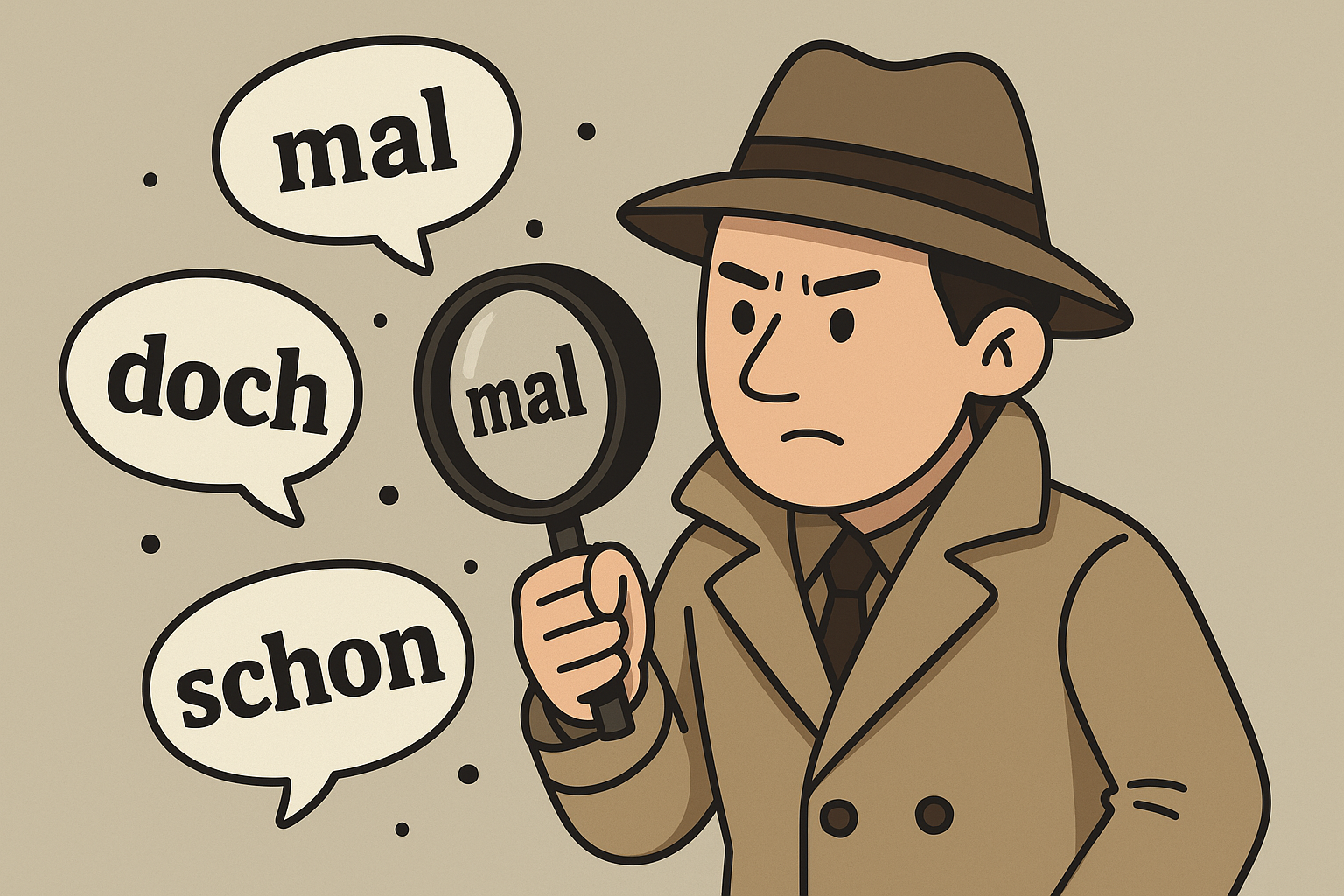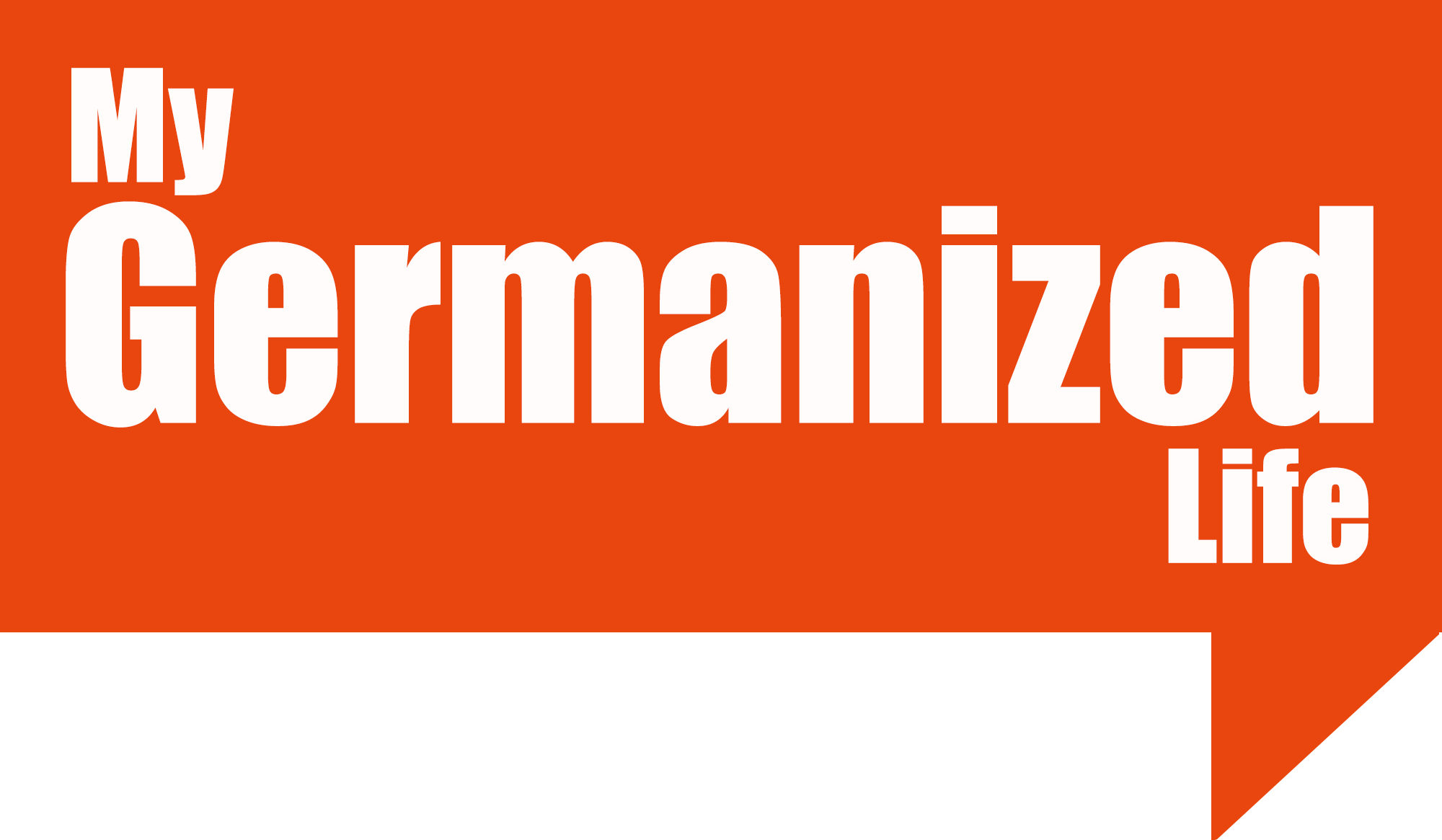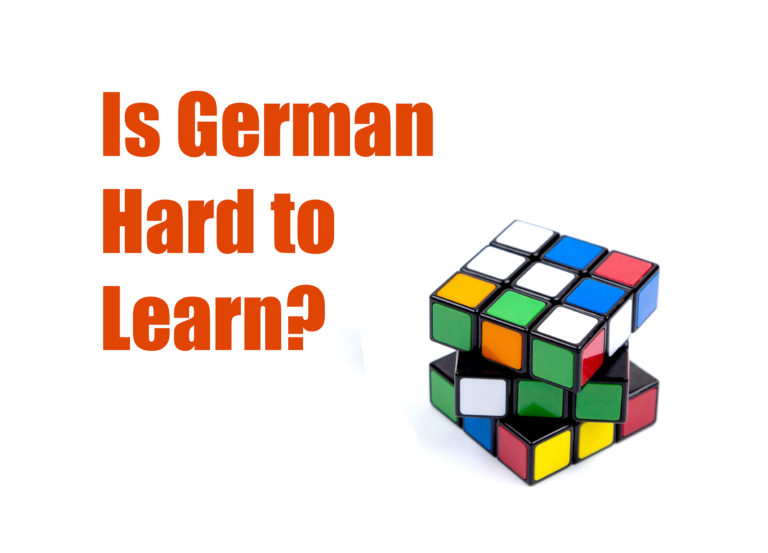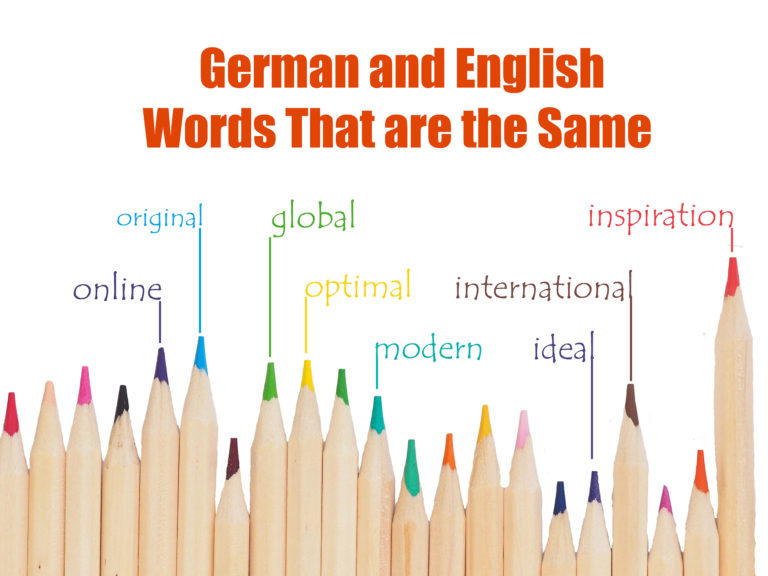
In everyday German, modal particles —short words like doch, mal, schon, and eben — are everywhere. They might seem small, but they add layers of tone, emotion, and meaning to spoken German. For learners, modal particles can feel elusive—to understand and use them well is a major step toward sounding more natural in conversation. In this post, we explore how and why these particles matter, and how to start practicing them yourself.
What are German Modal Particles?
Modal particles (German: Modalpartikeln or Abtönungspartikeln) are uninflected words used primarily in spoken German to express the speaker’s attitude, tone, or emotion. They do not change the literal meaning of sentences, but they shape how a message is received, making the tone friendlier, more emphatic, or more casual.
- Doch
- Mal
- Schon
- Eben
- Ja
- Halt
- Denn
- Wohl
Key characteristics:
- Always one word, never conjugated
- Used in informal or conversational contexts
- Convey emphasis, nuance, or emotional color
Let’s look at four of the most common ones: doch, mal, schon, and eben.
Doch – Contradiction, Emphasis, Encouragement
- Contradicting a negative statement
- “Du hast kein Brot gekauft?” – “Doch, ich habe Brot gekauft.” (“Yes, I did buy bread.”)
- Encouraging someone
- “Komm doch mit!” (“Come along, you will enjoy it.”)
- Expressing surprise or realization
- “Das bist doch du!” (“Isn’t that you?”)
- “Das bist doch du!” (“Isn’t that you?”)
Doch is incredibly versatile, used in roughly three main ways: contradiction, encouragement, or realization.
Mal – Softening, Casual Tone
- Softening commands
- “Gib mir mal das Salz!” (“Pass me the salt, would you?”)
- Adding casualness or brevity
- “Schauen wir mal.” (“Let’s just take a look.”)
Often paired with other particles (doch mal, bitte mal) to give the phrase a relaxed or polite feeling.
Schon – Reassurance, Impatience, “Already”
- Reassurance
- “Das schaffst du schon!” (“You can do it!”)
- Impatience or emphasis
- “Gib mir schon das Buch!” (“Just give me the book already!”)
Though literally “already,” schon often functions to encourage or prompt someone—tone is key in interpreting it.
Eben – Acceptance, Resignation
- Accepting a situation calmly
- “Deutsch ist eben schwer.” (“German is just hard.”)
- Explaining something obvious or unavoidable
- “Männer sind eben so.” (“Men are just like that.”)
Often interchangeable with halt, expressing a neutral or resigned tone.
Ja – You already know this, right?
The particle ja is used to state something that both the speaker and listener already know or consider obvious. It can also add emphasis.
Examples:
- Das ist ja unglaublich! – That’s really unbelievable!
- Du bist ja verrückt! – You’re totally crazy!
- Es ist ja schon spät. – It’s already late (and we both know it).
This ja doesn’t mean “yes”! It’s not answering a question.
Halt – That’s just the way it is
Halt expresses resignation or acceptance. It’s a shrug in word form and is often interchangeable with eben, though halt is a bit more casual.
Examples:
- Das ist halt so. – That’s just how it is.
- Ich habe halt keine Zeit. – I just don’t have time.
- Man muss halt lernen. – You just have to learn.
In Bavaria and southern Germany, halt is often heard more than eben.
Denn – Sooo… why are you asking?
Used in questions only, denn adds interest, surprise, or curiosity. It doesn’t change the meaning but softens the tone or adds emotional colour.
Examples:
- Was machst du denn da? – So, what are you doing there?
- Wie heißt du denn? – And what’s your name, then?
- Warum lachst du denn? – Why are you laughing?
Think of denn as a friendly “so…” at the start of a question.
Wohl – Probably, maybe, I guess?
Wohl expresses an assumption or probability. It often softens statements that sound too direct and helps make guesses sound less certain.
Examples:
- Er hat wohl verschlafen. – He probably overslept.
- Das wird wohl stimmen. – That’s probably true.
- Sie ist wohl krank. – She’s probably sick.
You’ll often hear this in news reports or speculation.
How to Use German Modal Particles Correctly
- Placement matters – Typically inserted mid-sentence, after the subject or verb.
- ✅ Correct: “Komm doch mal her.”
- ❌ Incorrect: “Doch komm mal her.”
- ✅ Correct: “Komm doch mal her.”
- Tone and context are crucial – The same particle can express warmth or impatience depending on how it’s said.
- Avoid in formal writing – Modal particles are slangy and natural-sounding, but mainly for speech or informal text.
- Combos for nuance – Pairing particles (doch mal, schon eben) increases subtlety. Listen to natives to get a sense of these combos.
Quick Recap: German Modal Particles Cheat Sheet
| Particle | Function | Example | Feeling |
| doch | contradiction, reassurance | Mach das doch! | confident, emphatic |
| mal | softens commands | Komm mal her! | casual, friendly |
| schon | reassurance, emphasis | Das ist schon okay. | calming |
| eben | resignation, agreement | Dann ist das eben so. | neutral, accepting |
| ja | shared knowledge | Du weißt ja, wie er ist. | obvious, emphatic |
| halt | resignation | Das ist halt schwer. | passive, informal |
| denn | adds curiosity (in questions) | Was willst du denn? | inquisitive |
| wohl | assumption | Sie ist wohl zu Hause. | speculative |
Common Pitfalls When Using German Modal Particles
Modal particles are tricky at first. Here’s what to avoid:
1. Using them in formal writing
These are for spoken or casual written German (like texts or blog comments). Don’t use them in essays, business emails, or academic settings.
❌ Der Bericht ist doch korrekt.
✅ Der Bericht ist korrekt.
2. Forgetting the word order
Particles usually come after the verb or subject, but never at the beginning!
❌ Doch ich habe es gesehen.
✅ Ich habe es doch gesehen.
3. Overusing one particle
Learners often fall in love with doch or mal and use them too often, which can sound unnatural. Balance is key.
4. Confusing modal particles with their other meanings
Many particles have literal meanings too. Don’t confuse them:
- ja can mean “yes” or be a modal particle
- schon can mean “already” or soften a tone
- wohl can mean “probably” or (rarely) “comfort”
Understand the context and tone to know the difference.
Time to Practice German Modal Particles!
Use the correct modal particle to fill in the blank.
Master the Mood, Not Just the Meaning
German modal particles might look small, but they do big work, adding emotion, nuance, and authenticity to how you speak. Mastering words like doch, mal, schon, and eben is about learning to sound German. The more you hear them, play with them, and use them in real conversation, the more naturally they’ll slip into your sentences.





